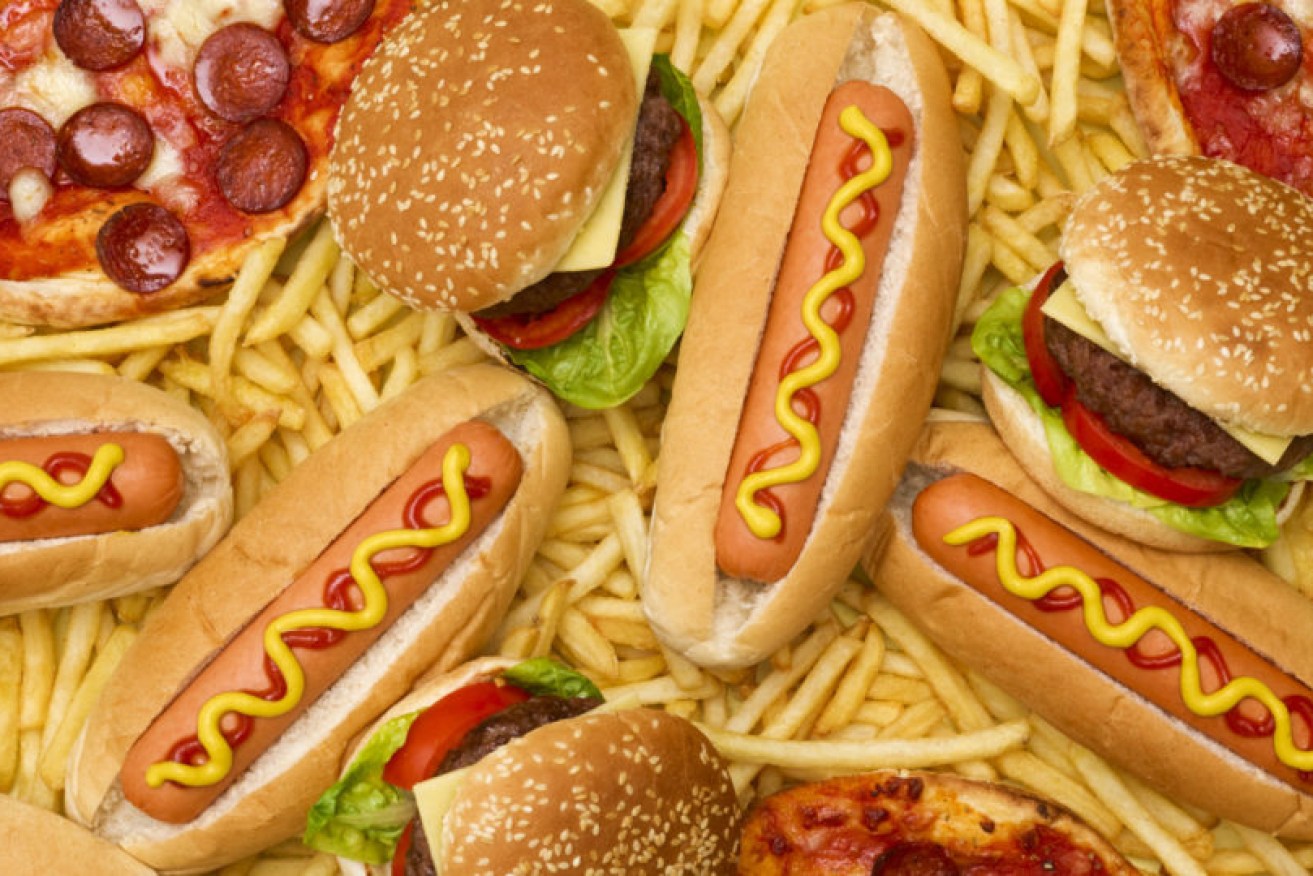Had a heart attack already? Highly processed foods might finish you off


Next time you're tempted by highly processed foods, your heart won't be in it. Photo: Getty
You’ve had a heart attack. It wasn’t a great experience but you’re still alive. You’re eating more fish, trying to go for a walk every day, surrendering even to salad.
You’re choosing life!
But it’s Christmas. Surely a few sugary drinks, some chips, packaged biscuits and cakes aren’t the end of the world? Sure, once you start, they’re hard to put down. All that added salt, sugar and fat, all those mysterious added chemicals. A bit like heroin, without the weight loss. But come on, it’s Christmas.
Yes it is. And hopefully you’ll survive it.
A devastating new study finds that if you’ve already suffered a heart attack, and continue eating too many ultra-processed foods, you’re at 66 per cent greater risk of having a second heart attack or stroke. And this one will likely kill you.
But you’re eating all that salmon, right? Too bad. The study found that “even in people generally following the Mediterranean diet, but consuming too many ultra-processed foods, health risks are higher”.
First, these foods make you fat and sick
The researchers were from the Institute for Research, Hospitalization and Health Care (IRCCS) Neuromed in Pozzilli, Italy.
In February, they published a systematic review and meta-analysis of 23 studies that asked what “increased consumption” of ultra-processed foods does to your health.
The short version: a worse cardiometabolic risk profile (obesity, diabetes) and a higher risk of cardiovascular disease, cerebrovascular disease (stroke, clogged up brain cells), depression and all-cause mortality.
We’ve heard all this before.
The second study, published in August, investigated what happens when people already suffering from cardiovascular diseases keep consuming those frozen hamburger patties (cooked as you wait in the drive-through), crunchy snacks, ready-to-eat meals and soft drinks.
Then you get sicker
The researchers followed 1171 people participating in the Moli-sani epidemiological project for over ten years.
All of them “already had cardiovascular disease at the time of inclusion in the study”
The researchers focused on the consumption of ultra-processed foods, “made in part or entirely with substances not routinely used in cooking (hydrolysed proteins, maltodextrins, hydrogenated fats, for example) and which generally contain various additives, such as dyes, preservatives, antioxidants, anticaking agents, flavour enhancers and sweeteners”.
Dr Marialaura Bonaccio, first author of the study, said in a prepared statement:
“We saw that people with a higher consumption of ultra-processed foods have a two-thirds increased risk of a second heart attack or stroke, this time fatal, compared to participants eating these foods less frequently”.
The probability of dying from any cause was 40 per cent higher.
She said was important “to underline that the definition of ultra-processed food is not linked to the nutritional content, but rather to the process used for its preparation and storage”.
This means that even if a food is nutritionally balanced, according to the label, it might still be considered ultra-processed.
Dr Bonaccio said it’s “not the single food consumed occasionally that makes the difference, rather a diet that, as a whole, contains too many products coming from supermarket shelves”.








